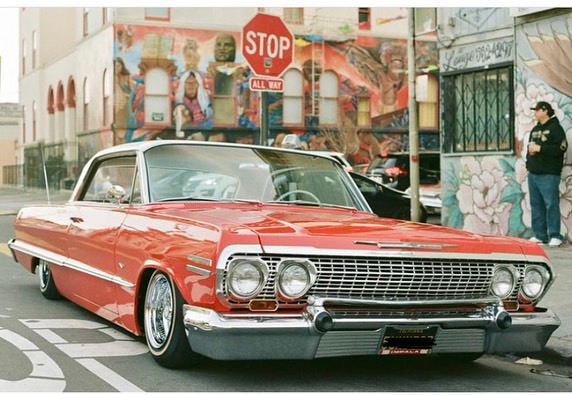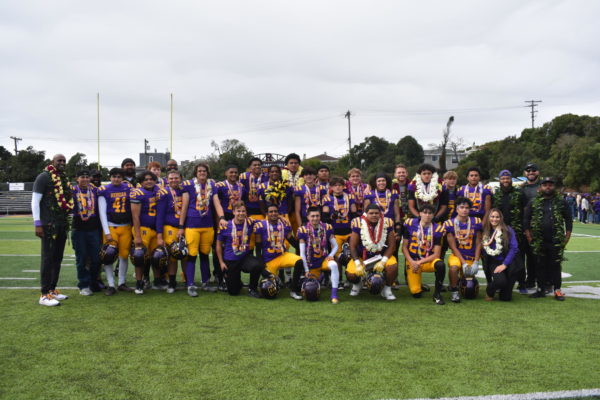Laws against transgender people limit expression
November 1, 2021
With an ever changing set of societal values, things are bound to change. One of these changes is self expression.
In recent times, one aspect of expression is gender. Some people, as they mature, have found themselves uncomfortable in their body and realize they were meant to be a different gender. This is called being transgender or trans for short.
This can include 1.4 million adults who identify this way as reported by the Human Rights Campaign (HRC). However, not everyone agrees that being transgender is valid and thus a conflict is born with one side of the spectrum sticking with conservative values and the other side being more progressive.
Recently, laws have been passed either in favor of or against the rights of the transgender community. According to CNN, over 117 bills have been passed that target the transgender community. An example is in Arkansas where they outlawed gender-affirming treatment to minors which is surgery on the genitalia or breasts of a trans person.
Legislation like this is also not only found currently, but also in 2015 when, according to NPR, Indiana’s Governor and former vice president Mike Pence signed into law the “Religious Freedom Restoration Act,” which allowed businesses and shops to use their religon as an excuse to not serve LGBTQ people.
Another targeted group is trans athletes. Sports are something shared by everyone and enjoyed by anyone. Still, some people believe that being a trans athlete, mainly trans women, gives them some sort of advantage due to the fact that athletes who were assigned male at birth are typically stronger.
According to CBS News, Idaho and many other states wanted to pass laws forcing athletes to provide a birth certificate if they wanted to play a sport, which would allow schools, and sports clubs to purposely ostracize trans athletes.
The Texas Tribune stated that the Texas House also approved HB 25, stating that the gender of a person is the gender they were assigned at birth, limiting the rights of trans people by not allowing them into sports if they aren’t biologically born that gender and making them be on the team they don’t feel comfortable on.
Still, there is hope for the trans community. There are multiple charities to donate to and organizations that facilitate education on the topic.












